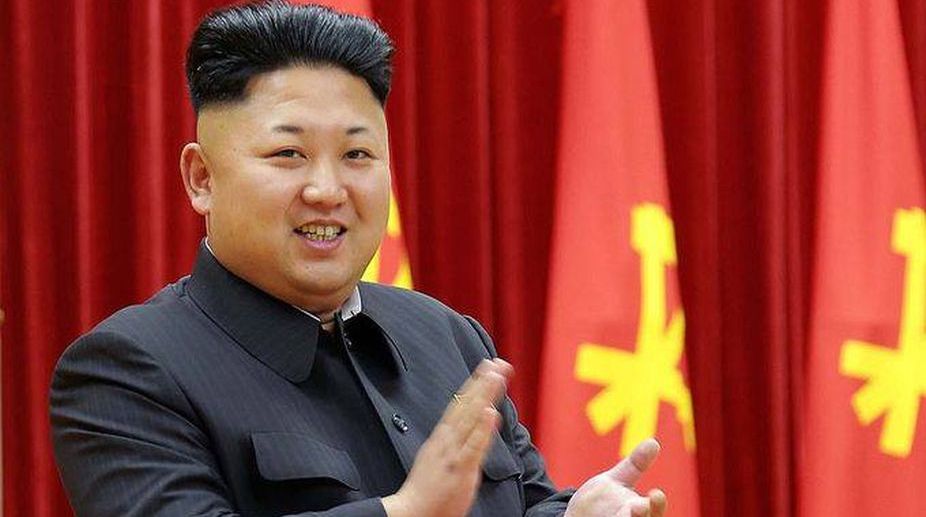Arab Response
The latest proposal by US President Donald Trump to take control of Gaza and resettle its Palestinian population has triggered alarm across the Arab world.

North Korean leader Kim Jong-un (PHOTO: AFP)
As critical as the fresh cache of sanctions against the regime of Kim Jong-un has been its timing ~ exactly 24 hours after Donald Trump restored North Korea on the list of “state sponsors of terrorism”. It bears recall that in 2008, President Bush had removed the “rogue nation” from the list. North Korea is now one of only four countries with that label; an isolated country has joined the fearsome league of Iran, Sudan and Syria. Over the past decade, the North has consistently buttressed its nuclear ambition and with ever-increasing ferocity. And it must be open to question whether Tuesday’s sanctions will compel Mr Kim to disband his nuclear programme, let alone bring his regime to its knees. Comparisons with Myanmar and Iran would suggest that sanctions can never quite address the core issue, whether it is a repressive junta as in Naypidaw or nuclear proliferation as in Tehran.
Unlike Iran, however, the North will not readily negotiate with the US… as did Hasan Rouhani in Barack Obama’s time. The White House reprisal is intrinsically economic, indeed to ratchet up the pressure and isolate Pyongyang from its external sources of trade and revenue. The action targets one individual, 13 companies and 20 vessels that are engaged in trade worth hundreds of millions of dollars with North Korea. The reprisal is, therefore, fairly sweeping in its scope and is bound to have a severe impact on maritime trade and the operations of the North’s corporate sector. Several persons, who have been targeted in the announcement, are associated with the North Korean transportation industry or import or export goods to the country. Pyongyang is known to follow what they call “deceptive shipping practices”, notably ship-to-ship transfers, according to the Treasury Department which has announced the sanctions. President Trump has followed the praxis of exerting “maximum pressure” on North Korea to isolate the regime. The announcement that the “hermit kingdom” will once again be placed on the list of “state sponsors of terrorism” is intended to emit a signal to foreign countries ~ to stop doing business with North Korea.
Advertisement
The decision to “restore” North Korea back to the list was ultimately a message to the regime about the US resolve to “disrupt and dissuade” certain countries from doing business with Pyongyang. There is thus bound to be a shift in the pattern of international trade. The booster dose of sanctions, that are said to be on the anvil, will bring such economic curbs against the North to the highest level ever. The latest economic offensive follows Trump’s executive order, signed in September, saying that the White House will penalise any company or person doing business with North Korea by either cutting off their access to the US financial system or freezing their assets.
Advertisement
Advertisement